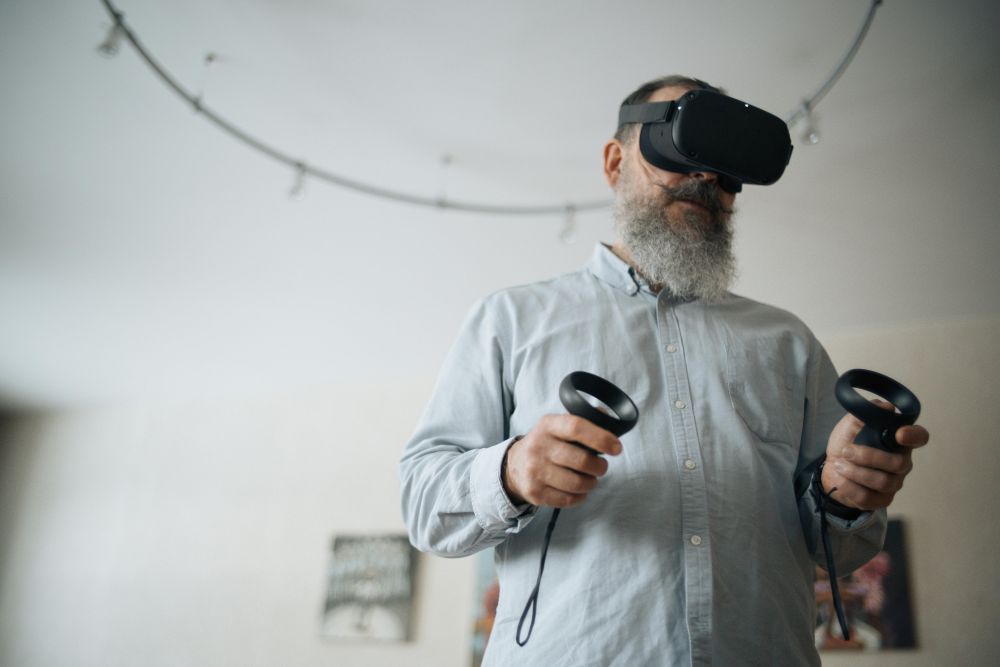Regular use of digital technology may help older adults maintain cognitive health.
For years, there’s been a steady drumbeat warning that too much screen time might be frying people’s brains. Some have even used the term “digital dementia” to describe the fear that using phones, computers, and other tech too much could lead to memory loss or other mental decline. But a major new study says otherwise. Researchers from Baylor University and the University of Texas at Austin found that using digital technology might actually sharpen minds, or at last keep them as sharp, as people get older.
The researchers pulled together information from over 130 studies involving more than 400,000 adults. These weren’t just quick surveys. Many followed people over time—some for as long as six years—to see how their brains aged. What they discovered goes against the popular belief that screens are harmful. In fact, they found that regular use of digital tools is linked with a much lower risk of mental decline later in life.
There’s a theory behind this called “technological reserve.” Basically, it suggests that when people regularly use devices like smartphones and computers, they’re doing more than scrolling or texting. They’re learning, problem-solving, adjusting to changes, and staying connected with others. All of these things give the brain a workout, which helps keep it strong.

For people who didn’t grow up with smartphones or the internet, using this kind of technology can be especially tough. It takes effort to learn new apps, figure out how to fix problems, and keep up with the constant changes in how everything works, which can sharpen minds. Researchers believe that mental challenge is actually helping the brain stay active and engaged.
One of the most important benefits of digital tools is how they help people stay connected. Video calls, messaging apps, emails, and social media all make it easier for folks—especially older adults—to keep in touch with family and friends. That kind of social interaction plays a big role in keeping the mind healthy. People who feel isolated are more likely to see a drop in their mental skills. Staying in touch, even if it’s through a screen, helps fight that loneliness.
There’s also something called “digital scaffolding.” It’s a fancy way of saying that technology can support people when their memory starts to slip. GPS, reminders on phones, online banking, and other tools help older adults keep their independence. They may have some mental decline, but these digital aids allow them to live full lives without needing as much help from others.
That doesn’t mean every kind of tech use is good. Mindlessly scrolling for hours or replacing all in-person time with screens isn’t the goal. But when used with purpose—like staying organized, learning new things, or staying in touch—technology can be a powerful tool for mental health.
The researchers say it’s time to rethink how we view tech use in older age. Rather than trying to get people to stay away from screens, they suggest encouraging more thoughtful use to sharpen minds. Even something as simple as helping an older adult learn how to text or make a video call could make a difference in how their brain holds up over time.
So, while it’s easy to blame technology for a lot of problems, when it comes to brain health, the story might be more positive than people think. Instead of dragging us down, digital tools may be helping people stay mentally strong as they age.


Join the conversation!